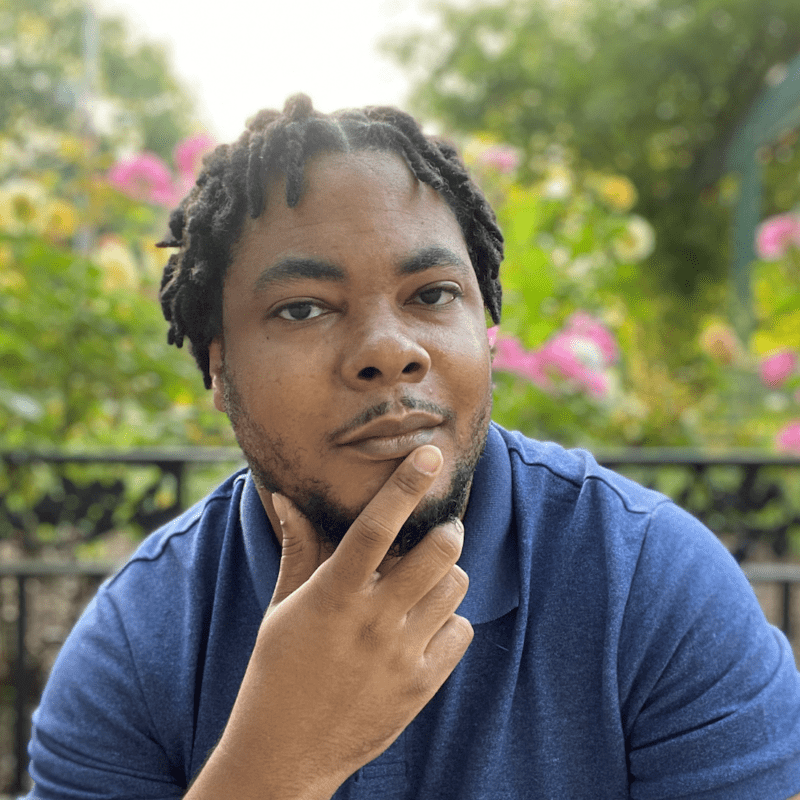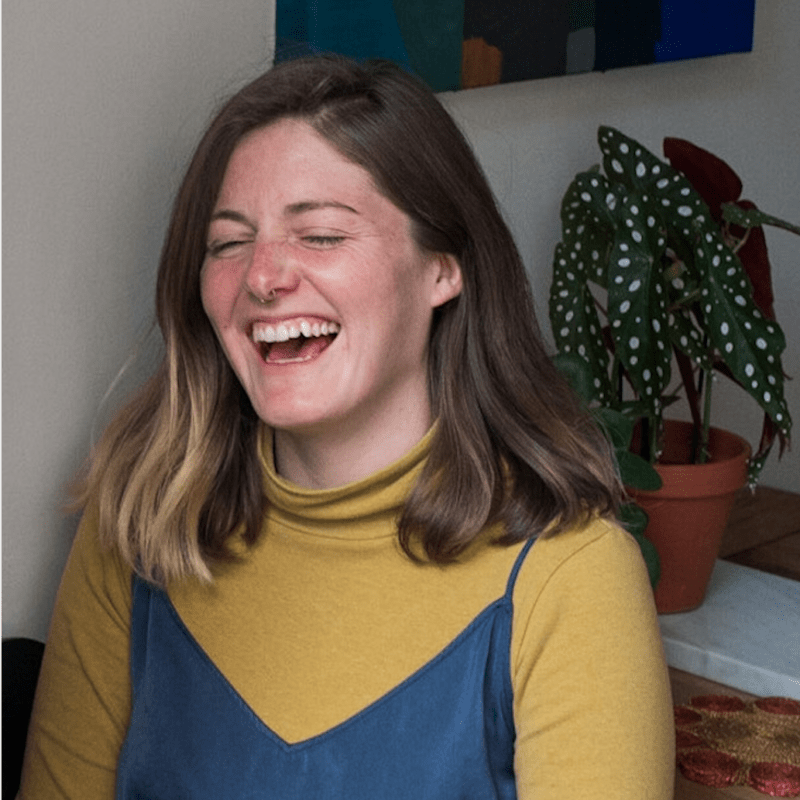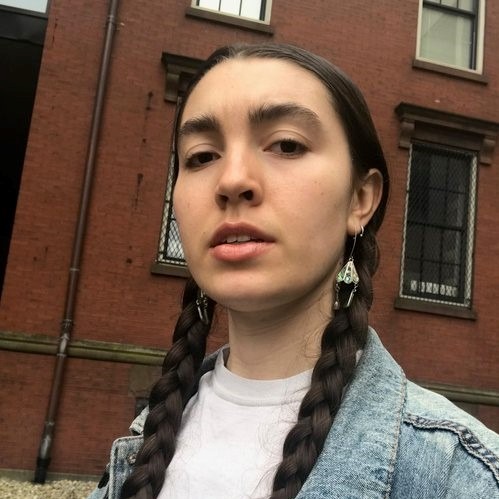
Quintin Collins
What is most important to your writing process?
The most important part of my writing process is letting the poems do their thing. From the title to the final word, I have to let the groove guide the intellect. Otherwise, I fail the poem. The pandemic has taught me a lot about the sometimes arbitrary nature of routines. Since it began, I still haven’t been able to return to my previous rituals for writing in the morning. Now, I more often let the poems find me when they want. This is also a privilege I can more fully embrace now that I have one book out and another coming not even a year later. I’ve slowly been writing poems for a new manuscript, but I’m letting the rhythm of life dictate the pace this time around.
What about you comes across most in your writing?
I first grew to love poetry through hip hop and slam. Unless the poem demands cacophony rather than harmony (or maybe even silence), I like to see my original inspiration reflected in the poems in regard to sound. Additionally, I like my poems to be poems that I would want to read and that my non-poet family, friends, and colleagues can enjoy. I like my work to reflect all the ways that I am with all my people in terms of language, imagery, and thematic threads.
What are you obsessed with right now and why? (a book, movie, music, etc…)
Since the pandemic started, I have spent much more time on my Lego and amateur toy photography hobbies. I even received an invite to audition for Lego Masters season 2 because of the content I’ve been creating for this side of my life. Like a lot of people, I fixated on an indoor hobby while the world tried to lock down and beat this virus. Fewer trips outdoors meant fewer walks with my camera outside, so I brought that hobby inside by taking pictures of toys in a lightbox. Photography and Lego building both engage my creative brain with problems to solve when the fingers-to-keyboard writing isn’t happening. Plus, one cool part of being an adult is you can sometimes buy whatever toys you want.

Tracy Fuad
What is most important to your writing process?
Space, in all its permutations. I mean space apart, as in away from one’s routine or habitual life. But I also mean space as in the mood and atmosphere created by the interior of a room or home or canopy of trees or slope of a cliff. But also the mood of a specific moment, located in history, in a precise place. I do some of my best writing, I’ve always thought, on airplanes. Or underway, or after I’m home from a journey.
What about you comes across most in your writing?
I think my poetry is marked by a tendency for experimentation, permutation, “testing out,” trial and error. I think living in a culture that values efficiency can banish this sort of play to the margins, but I think it’s a critical element of thinking and being.
What are you obsessed with right now and why? (a book, movie, music, etc…)
I just moved to Provincetown, and my mom sent me a pair of binoculars, and I’m obsessed with watching birds through them. I also just finished Ari Banias’s second collection of poetry, A Symmetry, and I can’t stop thinking or talking about it!

Gregory Glenn
What is most important to your writing process?
Solitude. Most of my writing comes from internal monologue, or me talking to myself. I usually describe it as a kind of crib talk. It’s easier to focus, and it’s more comfortable doing all of that alone. Second to that is space, being able to walk around.
What about you comes across most in your writing?
My aversion to pain.
What are you obsessed with right now and why? (a book, movie, music, etc…)
Professional wrestling. As an art form and a history, it’s all fascinating to me. It’s competitive and it’s cooperative. It’s exciting. It’s funny to me that identifying it as “fake” is still a kind of litmus test in a world where Kermit the Frog has enough cachet to be in a BMW commercial.

Zia Pollis
What is most important to your writing process?
I really enjoy writing that affects me on the physical level. I want to be able to experience a poem through the bodily senses that I’ve been endowed with to contact and alter the world around me. This means smells, sights, tastes, and textures. Writing is most meaningful to me when it doesn’t denigrate the material, embodied world but instead finds the hidden life and agency within things that a sterile, overly transcendent mind would cast aside. I love poetry about humble topics and believe that they are often uninhabited homes for those sublime qualities that we poets seemingly search for. So much depends upon the red wheelbarrows left unseen in our own lives.
What about you comes across most in your writing?
It’s perhaps my restlessness if I am being unattractively honest. I don’t have a lying nature, but I feel the temptation to embellish the way a church gran might crochet a lace doily a little too lavishly. I love to put meat, fat, and feather boas on a poem’s body. I’ve had to learn to be sparing. It can be hard though, to sacrifice my six word long alliterative trains and my metaphors mixed like Long Island Iced Teas.
What are you obsessed with right now and why? (a book, movie, music, etc…)
There are wild turkeys that walk all over Harvard Yard. They are my favorite creatures in this city.